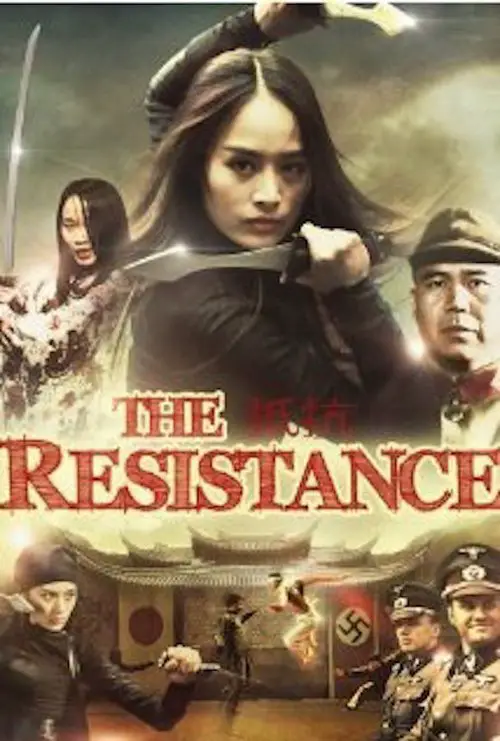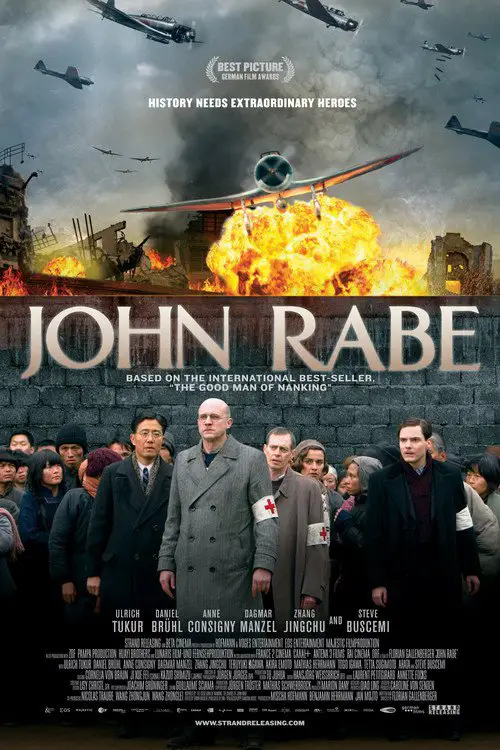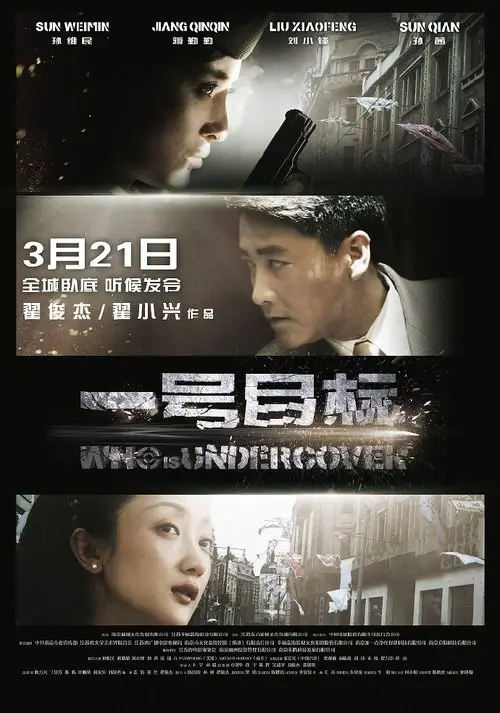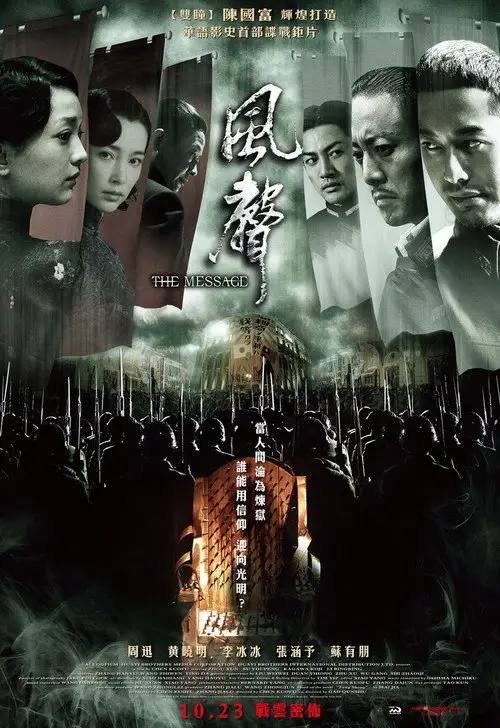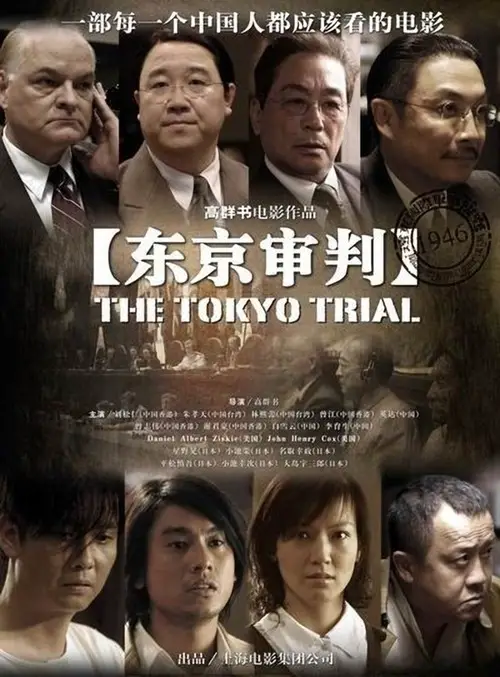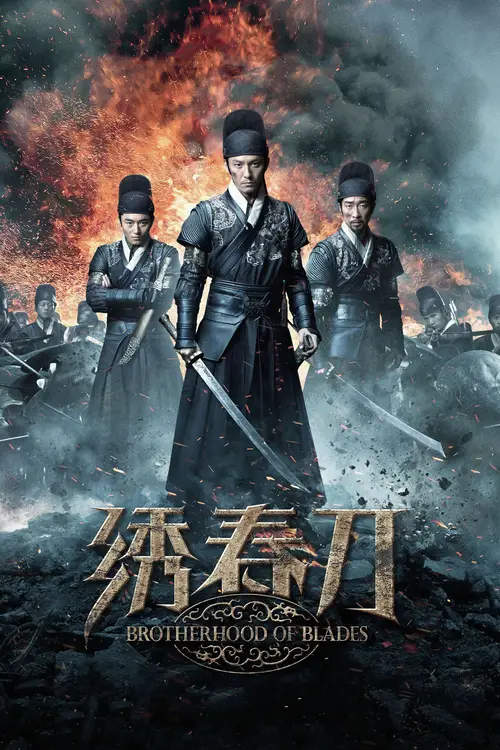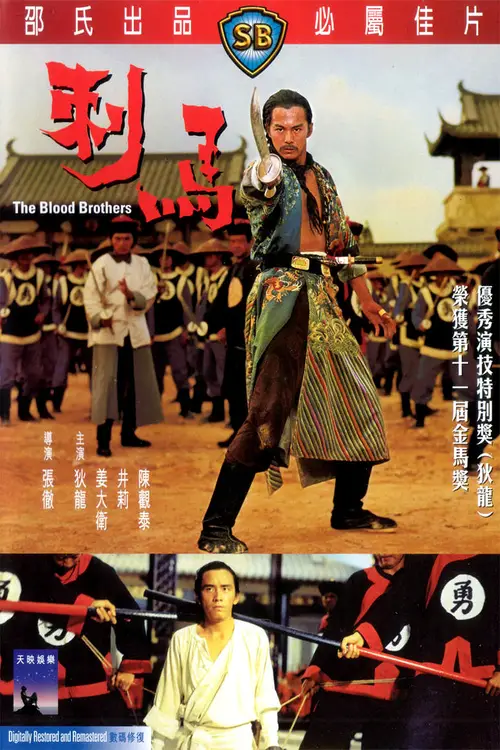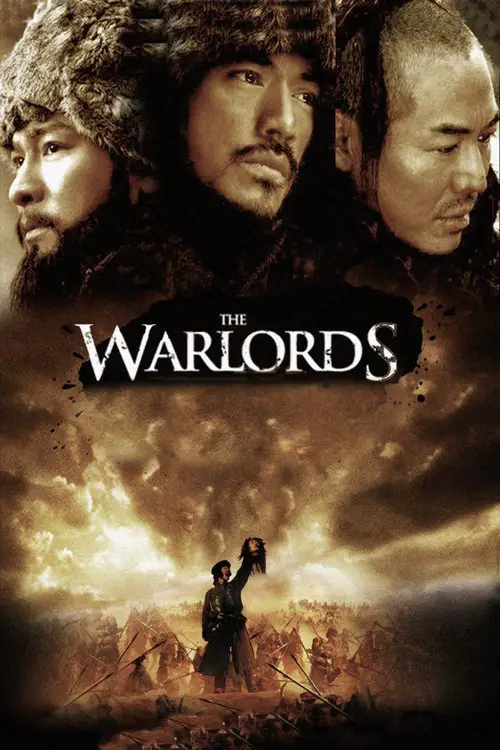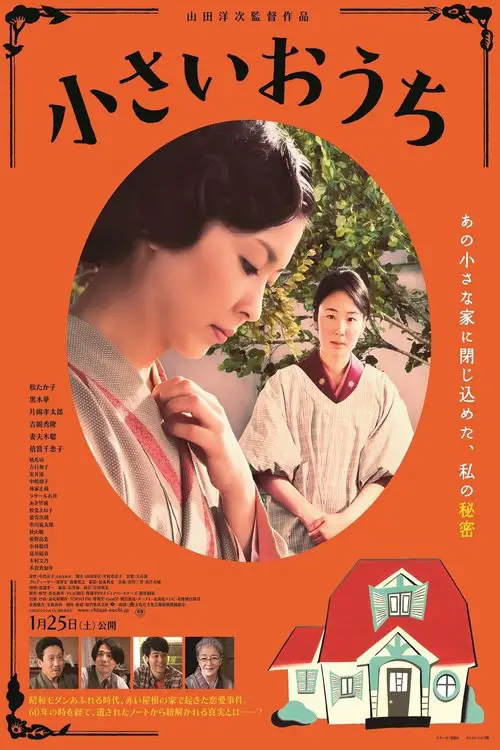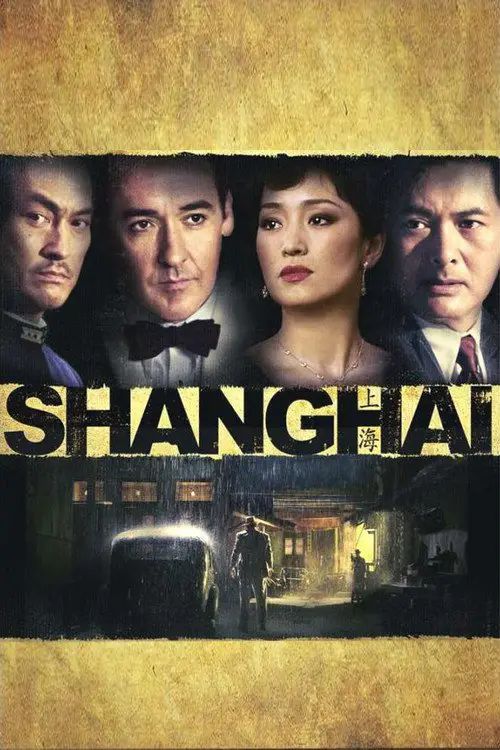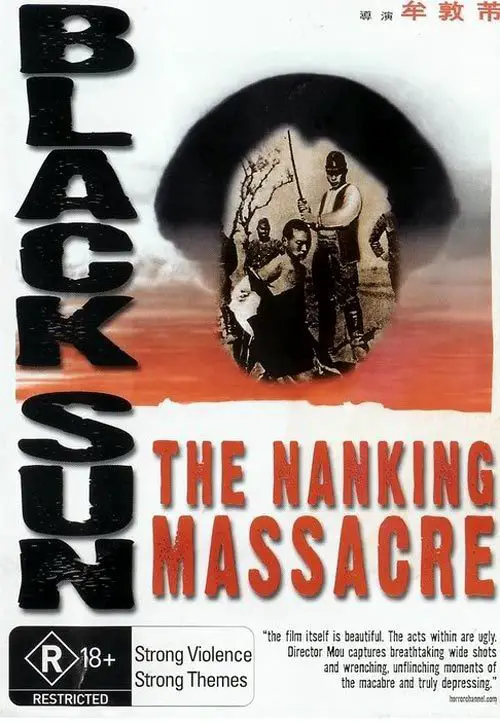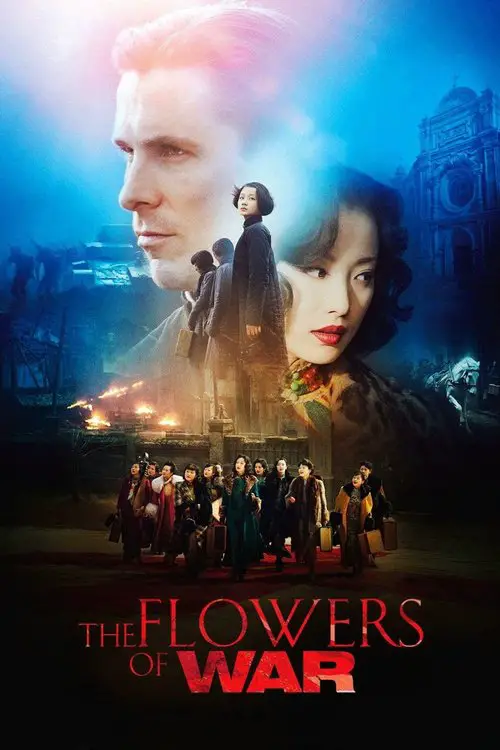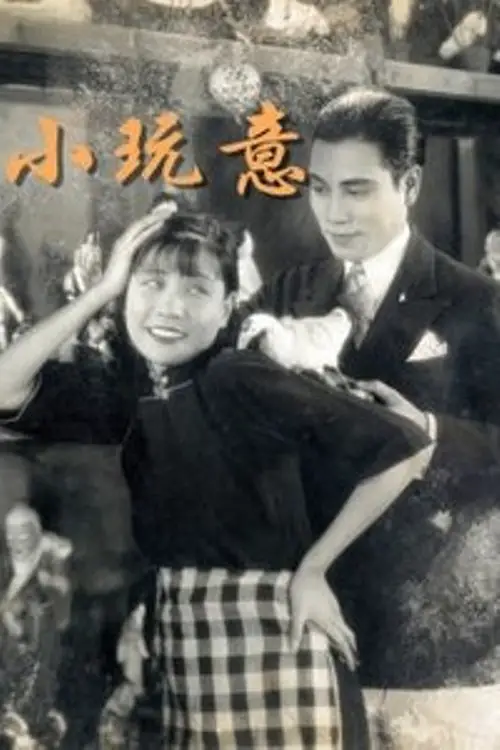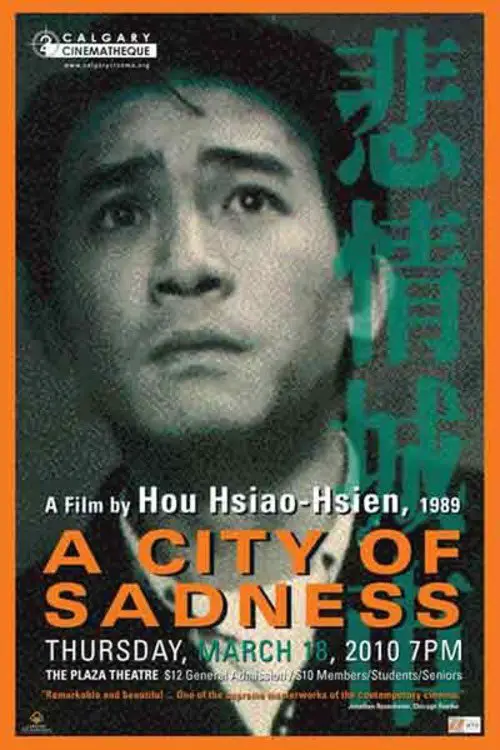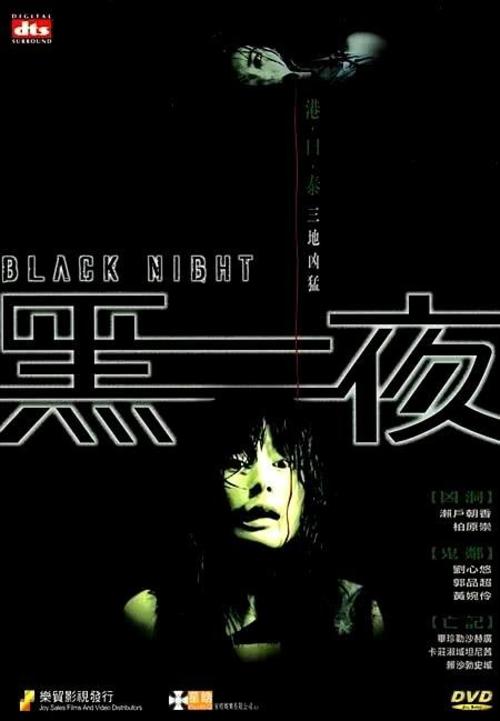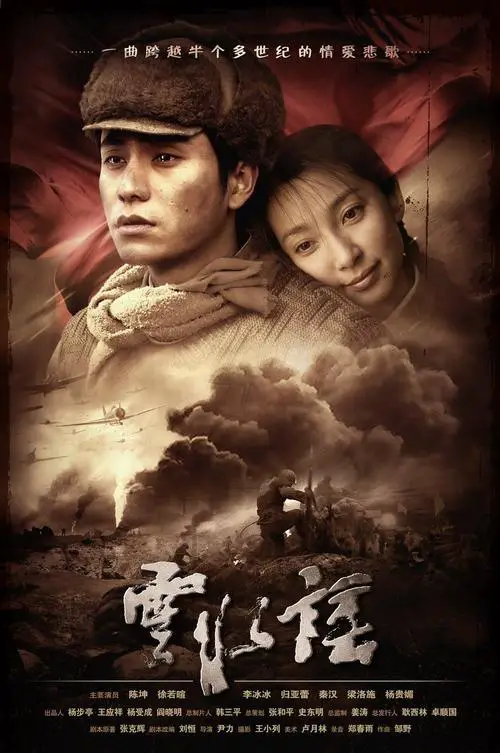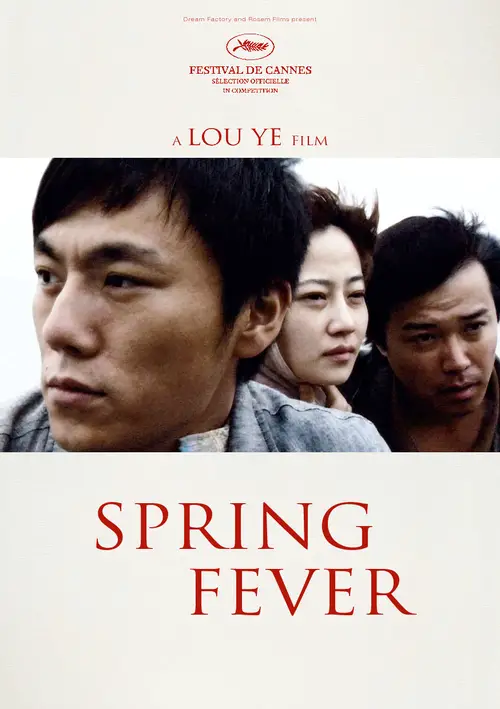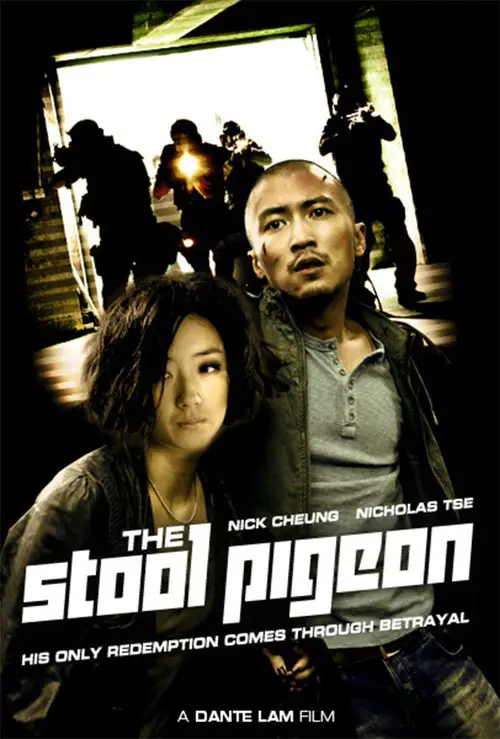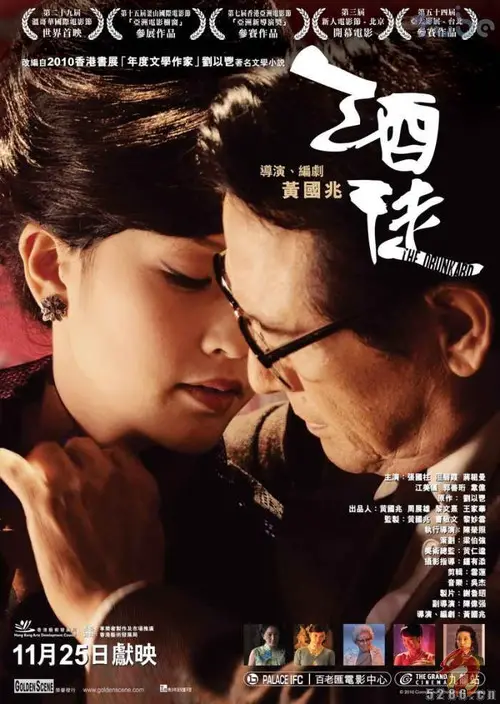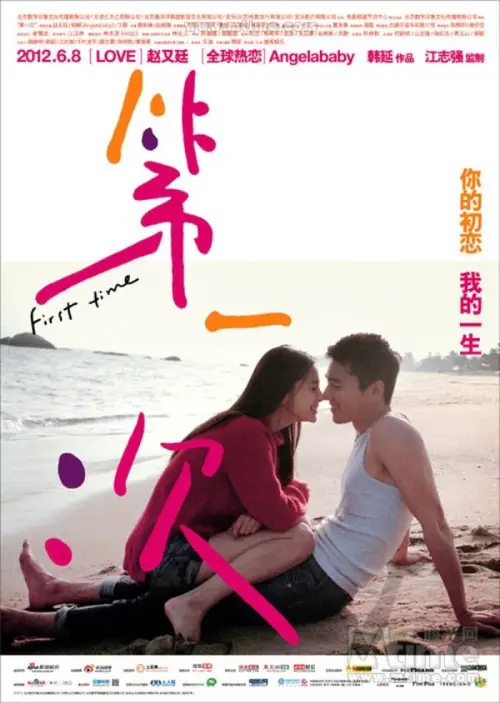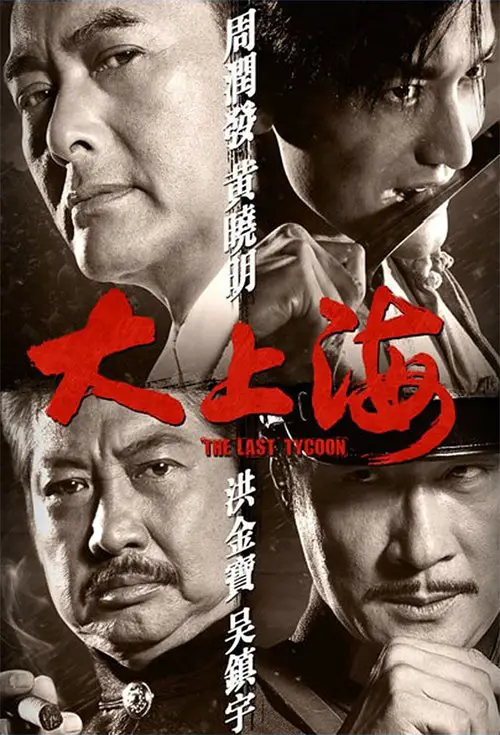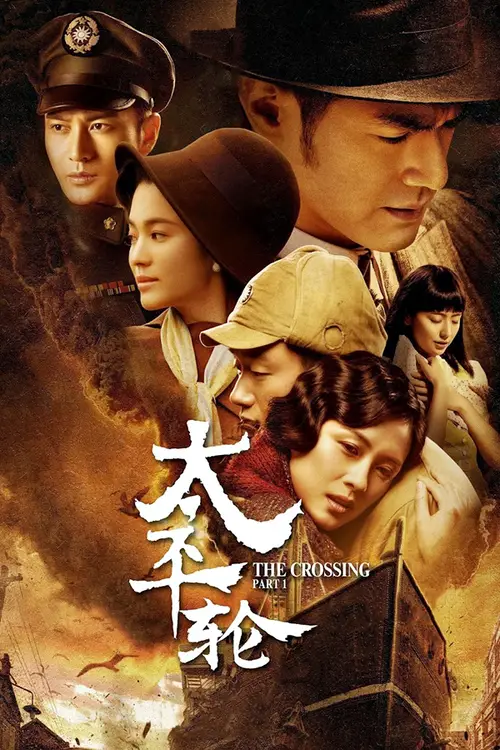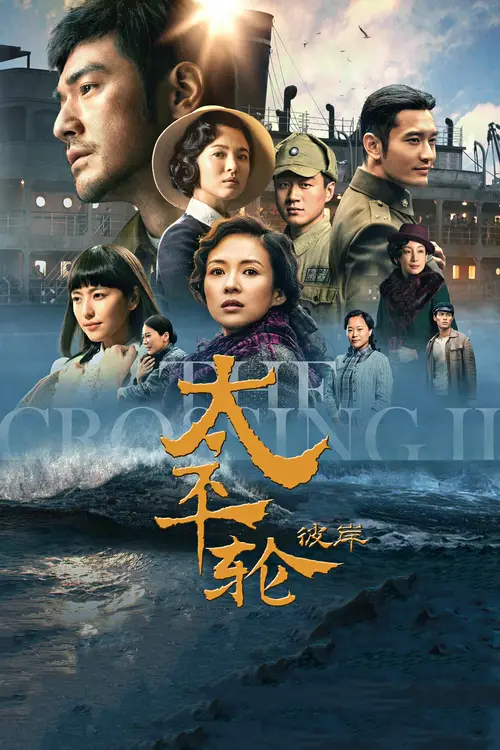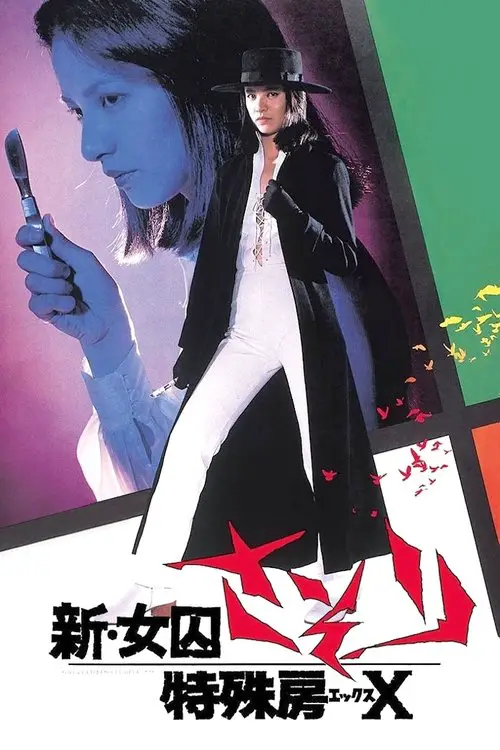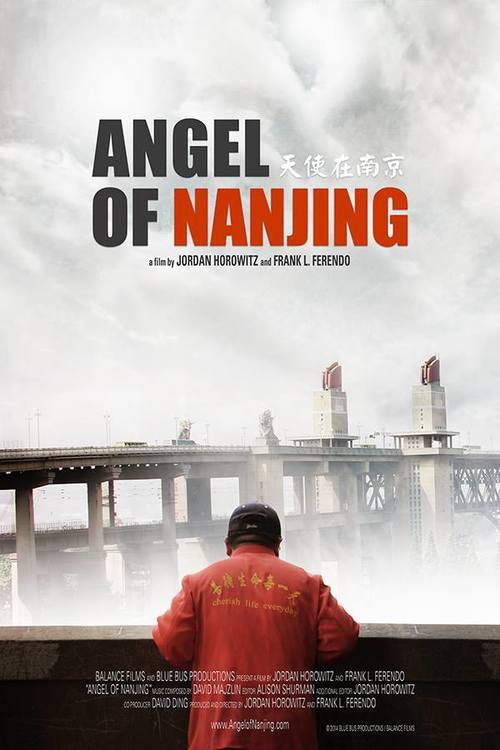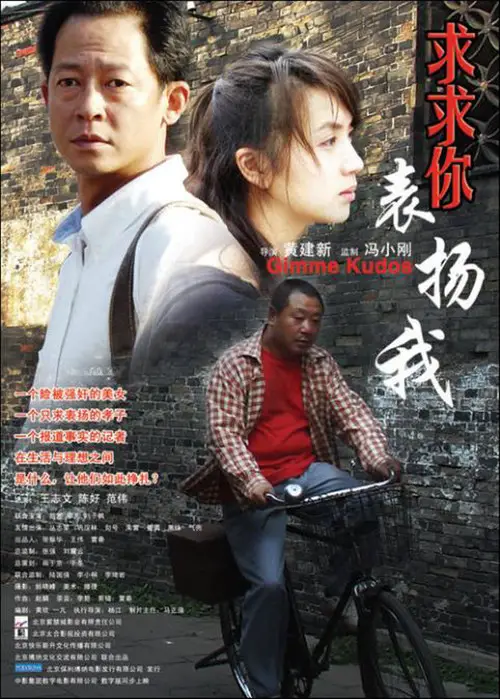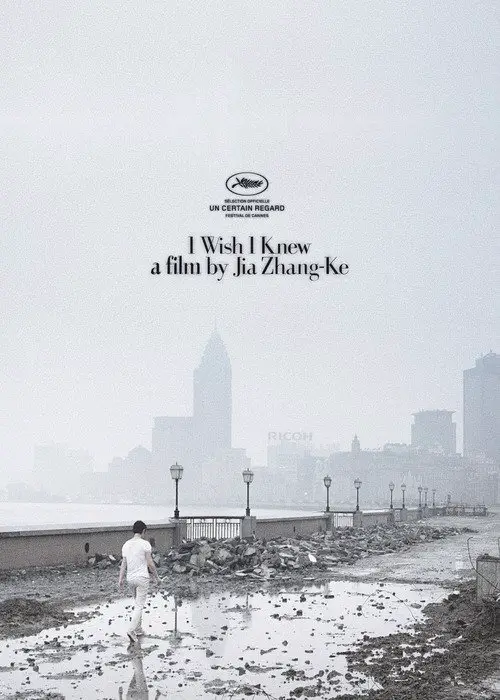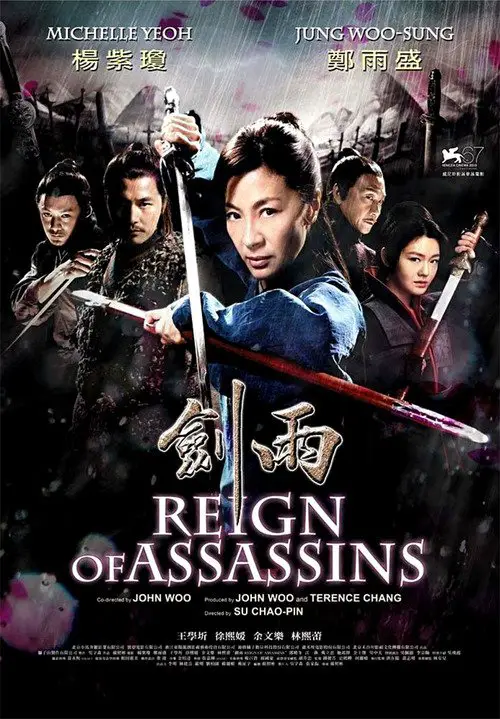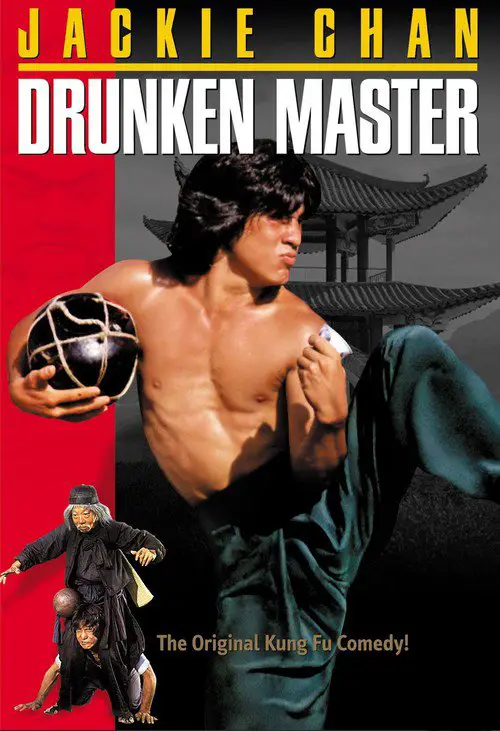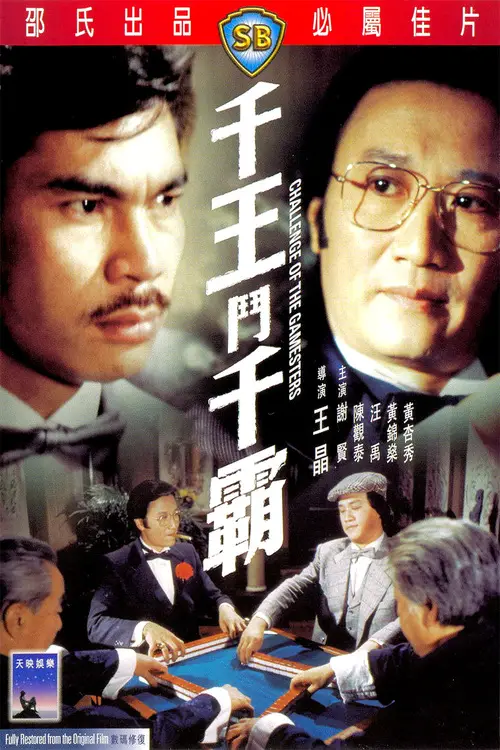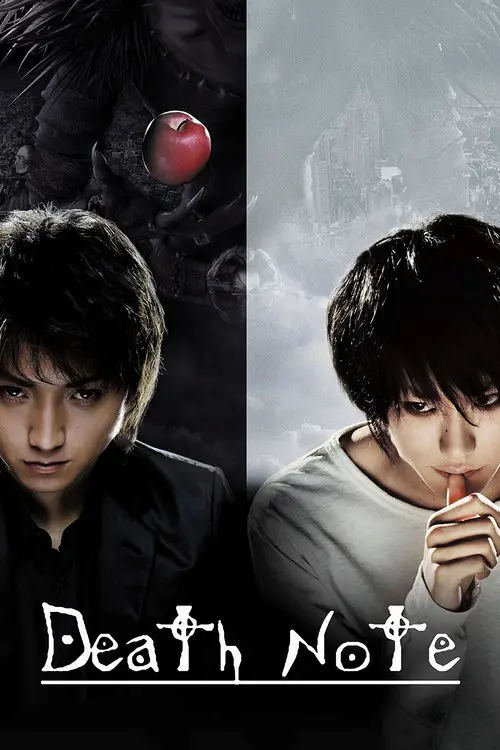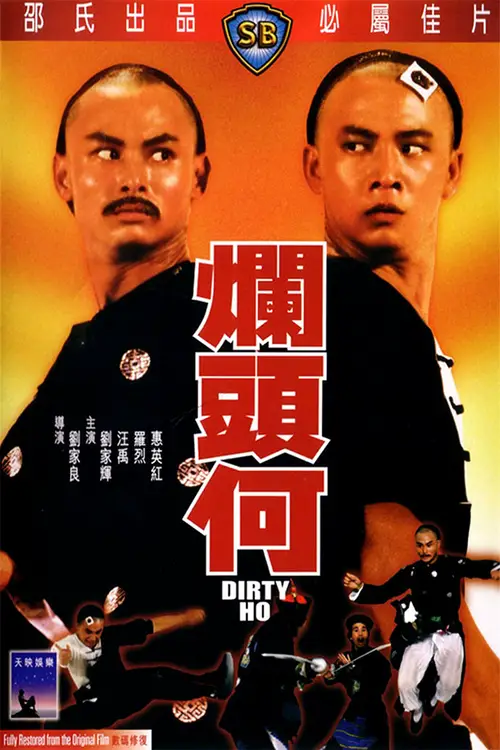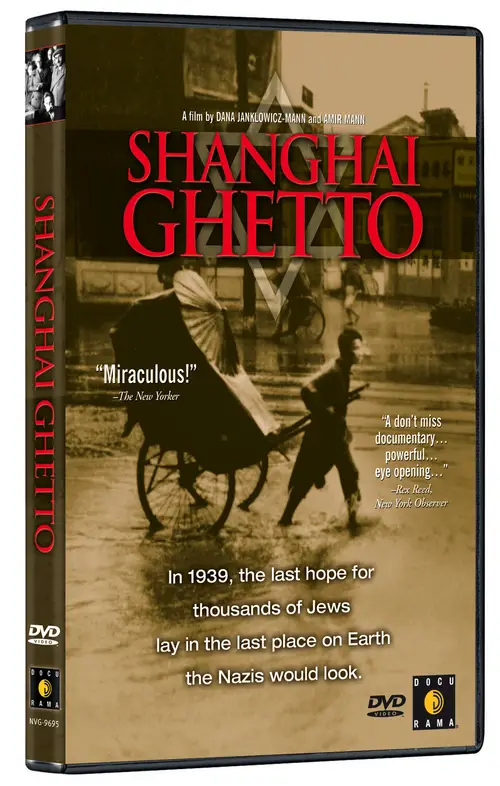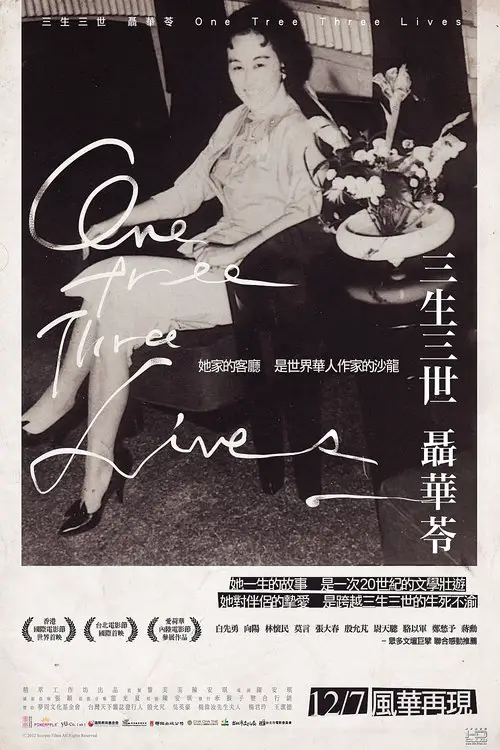Blind Massage (2014)
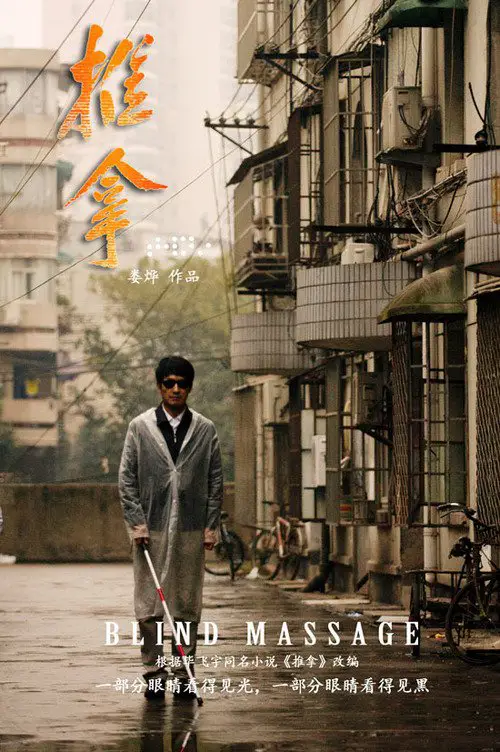
Similar movies
Based on an Eileen Chang novel, a story of romance and fate set in the Shanghai of the 1930s. Manjing (Wu Chien-lien), a young woman from a once-well-off family, works in a Shanghai factory, where she meets Shujun (Leon Lai), the son of wealthy Nanjing merchants. Despite Shujun's reservations about Manjing's family (her sister, Manlu (Anita Mui) works as a nightclub "hostess"), they manage, in stages, to fall in love. The expected progress through engagement to marriage is interrupted, first by Manjing's ambivalence about taking this step, then by Shujun's rejection of her family, and finally by that family's baroquely conceived abuse and enslavement of Shujun. After a long period of seperation, Shujun and Manjing meet, but realize that their happiness remains only in memory, in a nostalgic re-imagining of opportunities missed, understandings never arrived at.
City of Life and Death takes place in 1937, during the height of the Second Sino-Japanese War. The Imperial Japanese Army has just captured the then-capital of the Republic of China, Nanjing. What followed was known as the Nanking Massacre, or the Rape of Nanking, a period of several weeks wherein tens of thousands of Chinese soldiers and civilians were killed.
Zatoichi is a blind massage therapist and swordsman who finds out that something troubling is taking place on the outskirts of town. After discovering who the guilty parties are -- an accomplished Chinese martial artist named Wang Kang and his youthful attendant -- Zatoichi finds them and discovers that the pair's mixed up with a dangerous bunch of terrorist samurai who murdered the boy's parents. Now, Zatoichi must step in to save the day.
In 1937, Japan began their invasion of China by murdering over 300,000 people in the capital of Nanjing. The atrocities committed against women and their daughters are especially barbaric. One of them is Xiaoyun, a peasant girl who fights with the Chinese resistance group. On her way to freedom she must fight against Japanese soldiers, ninjas, a killer geisha, Nazis, and the evil General of the Japanese imperial army.
In 1946, to prevent the Chinese civil war, Zhou Enlai who represented the Communists held a talk with the Chinese Nationalist Party, and George C. Marshall, who represented the Americans at Plum Village in Nanjing. A lost notebook stirred the already turbulent peace talk. The ripples alert the three sides and a battle of spy and anti-spy began. Many historical figures like Zhou Enlai, George Marshall, Chiang Kai-shek, Soong May-ling, He Yingqing, Chen Cheng, and Hu Zongnan are depicted in the movie. Other fictional persona such as the ace agent Xiong Huiquan, the female journalist, and a secret spy who belongs to the Confidential Bureau adds tension to the critical moment.
1942, Nanjing (Nanking). Following a series of assassination attempts on officials of the Japanese-controlled puppet government, the Japanese spy chief gathers a group of suspects in a mansion house for questioning. A tense game of "cat and mouse" ensues as the Chinese code-breaker attempts to send out a crucial message while protecting his/her own identity.
This film was directed by Gao Qunshu and is about the International Military Tribunal for the Far East after Japan's surrender in World War II. The movie presents the trial from the point of view of the Chinese judge Mei Ju-ao. The director and his crew spent more than a year doing research to finish the script, which is based on historical data. It cost 18 million yuan (2.25 million U.S. dollars). This film hired actors from 11 countries, including mainland China, Hong Kong, Japan and other places, including actors such as Kenneth Tsang and Damian Lau. They recreated court scenes from the trial in Chinese, English and Japanese. It was shown in cinemas and around 100 universities across mainland China to mark the 75th anniversary of the start of Japan's invasion of China.
Set in the late Ming Dynasty, "Brotherhood of Blades" tells of three close friends who serve as Jinyiwei guards. They are dispatched by a palace eunuch (Nie Yuan) to hunt down Wei Zhongxian, a eunuch politician who had been forced to resign from his influential post and exiled from Beijing. The Jinyiwei brothers return successfully from their quest, only to find that their task was but the beginning of a strange conspiracy.
Set in 1930s China, the film details the trials of a group of athletes who desire to compete in the Olympic Games. Thereâs a snag, however. The full amount required to send them abroad for the games is 600,000 dollars, and the government is only sponsoring half. It falls to the athletes to raise the rest themselves, and they start by saving every last penny they earn. They also attempt to raise the money through a variety of fund-raising activities, including street performances, networking for donations, and probably a bake sale, too. After deciding to fund their own way to the games, the athletes take to the streets to perform all manner of athletic demonstrations and martial arts moves in an energetic and impromptu street fair.
Set in the waning years of the Ching Dyansty, this dramatic, tragic, romantic, blood-soaked martial arts tale of betrayal and revenge explores one of the most sensational scandals in Chinese history and marked the true ascension of its director and actors to superstar status. In fact, Ti Lung won Taiwan's Golden Horse Award for Outstanding Performance as the challenging role of a jealous provincial governor who kills his friend in order to steal the man's wife. ããThe 11th Golden Horse Awards: Special Award for Outstanding Performance (Ti Lung)
Following the death of the unmarried and childless Taki, Takeshi, a young relative of hers, discovers several pages of closely written lines in which the old lady has recorded her memories. This is how he learns the truth about her youth working as a housemaid and nanny for the Hirai family in a little house in Tokyo with a red gabled roof.
Black Sun: The Nanking Massacre, also called Men Behind the Sun 4, is a 1994 Hong Kong film directed by Mou Tun Fei and is in many ways considered to be a follow up to the 1987 shockumentary film, Men Behind the Sun. The movie depicts the events behind the Nanking Massacre committed by the Imperial Japanese army against Chinese citizens and refugees during the Second Sino-Japanese War. Like Men Behind the Sun, the film was both criticized and praised for its brutal portrayal of the Japanese atrocities, such as the notorious contest to kill 100 people using a sword, during the early and late stages of World War II, but at the same time was questioned over historical accuracy and violence which gave the film a more exploitation feel to it.
In the brink of the 90s, 18-year-old Zheng Wei steps into her university life with a hopeful heart for love. She forms a great friendship with her roommates and united as a group, they embark on their university life together. Wei meets Chen Hao-Zheng in a chance encounter, and despite initial reluctance, Chen accepts Wei as his girlfriend and the two become inseparable. Four years of university life pass and Wei looks forward to establishing a life together with Chen. However, Chen is forced into an impossible decision to leave Wei. Devastated, Wei decides to start afresh. A decade later, Weiâs previous lovers Lin and Chen both find their way back into her life and she has to make a choice of her next step in life.
Sister Ye lives in a rural village, where everyone makes traditional toys. When Sister Ye's husband dies of an unknown illness, and while Ye is attending to him, her son is kidnapped and sold to a wealthy lady in the city of Shanghai. Shortly after, the village is destroyed during an attack between rival warlords, forcing the villagers move to the city, where they continue to make toys. Ten years pass, and Ye's daughter Zhu'er has become a toy designer. While helping the Nationalist army at the rear, Zhu'er is killed in an attack by the Japanese. On New Year's Eve, Sister Ye is dressed in rags, sitting on the curb, selling toys. A young boy buys toys from her, and it is none other than her son, whom she does not recognize.
Soon after Japan relinquishes control of Taiwan in 1945, the Lin brothers face hardships from the changing culture. Bar owner Wen-heung (Chen Sown-yung), the eldest brother, falls foul of local gangsters, Wen-sun disappears, and Wen-leung, scarred by his experiences in the war, ends up in an insane asylum. Deaf-mute photographer Wen-ching (Tony Leung Chiu Wai), the youngest brother, decides to make a stand and fight the Kuomintang government from China that is assuming power.
The struggles of an artist. Jang Seung-up (1843-1897), also called Owon, focusing on the years 1882 to 1897, when Korea was in political upheaval, caught between China and Japan, the conservative dynasty dying, and peasant revolt at hand. Jang, born poor, has genius; a merchant, Kim, becomes his patron, finding him a teacher. Jang must convince others that a commoner can have talent, then move beyond his ability to copy old masters and find his own style. He's bedeviled by a temper and alcohol, arguments with patrons as he seeks commissions, and relationships with kisaeng, particularly Mae-hyang, that start and stop. It's the life of a restless spirit producing great art.
They fell in love; Chen Qiushui was 20. Wang Biyun was 18. When Qiushui fled Taiwan after the 228 Massacre, Biyun gave him a gold engagement ring and they promised to meet again. Qiushui served as an army doctor during the Korean War, where he met Wang Jindi, a nurse from Shanghai who fell in love with him instantly. Years had gone by, Qiushui married Jindi and settled in Tibet. While in Taiwan, Biyun buried Qiushui's mother and continued to pray for his return. Flashback to modern time, Biyun is living in New York. Her niece played by Isabella Leong, a writer, has travelled to Tibet to find out what happened to Qiushui. Through the pictures she sends back via internet, Biyun finally gets to see the familiar face once again.
Living in the guilt of sacrificing his informant (Liu Kai Chi) in a previous operation, Criminal Intelligence Inspector Don Lee (Nick Cheung) is wary when his superior orders him to send another informant to spy on the criminal operations of Barbarian (Lu Yi), a vicious gangster plotting a jewelry heist. He seeks ex-convict Ghost (Nicholas Tse), who agrees to work for Don despite vowing to go straight since he's desperately in need of money to repay a debt and save his sister. Ghost's driving skills help him infiltrate Barbarian's gang and earn his trust, but by feeding information to Don and hooking up with Barbarian's girlfriend Dee (Guey Lun Mei), Ghost is pushing himself into a tight and deadly corner...
Lau may love to indulge in a bit of alcohol and womanizing, but he's also a serious writer who's respected by his colleagues in the cultural world. However, his work is getting less and less respect from his commercial-minded editor, who forces Lau to write action-filled wuxia serials and erotic stories. After an attempt at a tasteful, cultural magazine fails, Lau succumbs to the commercial reality and writes practically anything to survive. Haunted by his memories of World War II and his professional failures, Lau falls even deeper into his addiction of drink and womanâ¦
Sonq Shiqiao (Angelababy), 22, lives with her devoted mother, widowed shop owner Zheng Qing (Jiang Shan). Shiqiao, who always dreamed of being a ballet dancer, cannot exert herself physically as she suffers from form of myasthenia, a neuromuscular disease, that her father died of; the medication she takes also causes memory lapses. One day, at a charity fair, she bumps into Gong Ning (Mark Chao), a former high-school friend she always liked, and the two end up dating, despite the initial disapproval of her mother. Gong Ning dropped out of university to spend more time with a rock band he leads; also, his girlfriend, dancer Peng Wei (Cindy Yen), has dumped him because of his inability to focus his life. However, for Shiqiao, Gong Ning is the perfect partner.
Set in Shanghais Gangster era of the early 1900s, THE LAST TYCOON tells the tale of CHENG (Chow Yun-Fat), a young man who is set up by the chief of police (Sammo Hung) and must leave the life he knows and QIU (Monica Mok), the woman he loves, to start again. After escaping prison CHENG quickly and violently moves his way up the ladder of Shanghais criminal underworld to become on the most powerful mob bosses in Shanghais history. But fame and notoriety take their toll when CHENG finds himself stuck between the looming Japanese army and the scheming local secret service. Matters are only made worse when he bumps into the love of his life QIU, along with her writer husband. Will love re-kindle in the dusk of an era?
A nurse is framed for her involvement in the hospital murder of a politician who was threatening to expose corrupt practices. She escapes from jail but is captured and sent back, resulting in the rest of the inmates being punished, added to which of a new, tougher, head of security arrives to take up her new job....
The Yangtze River Bridge in Nanjing is one of the most famous bridges in China. It is also the most popular place in the world to commit suicide. For the past 11 years Chen Si has been patrolling this bridge, looking to provide aid for those who've gone there to end their lives. Incredibly, he has saved over 300 people since he began - nearly one every two weeks.
Old-fashioned, middle-aged Yang Hongqi claims that on a rainy night he saved a university coed from the threat of sexual violence on the outer limits of Nanjing city. He soon begs Gu Guoge, a superstar reporter at Nanjing Newspaper, for public kudos in the press. At first Gu ignores the absurd request, but pushed by Yang's desperate and tenacious attitude Gu begins to look at verifying the case. Finally he finds the victim, Ouyang Hua but no witness. Later, it is revealed why Yang strives so desperately to publicize his heroics: extolled as a model of a national laborer, his father has lived with many medals and commendations on the wall of his hometown and wants to hang Yang's commendation on the wall before his death.
When gigantic robots attack New York City, "Sky Captain" uses his private air force to fight them off. His ex-girlfriend, reporter Polly Perkins, has been investigating the recent disappearance of prominent scientists. Suspecting a link between the global robot attacks and missing men, Sky Captain and Polly decide to work together. They fly to the Himalayas in pursuit of the mysterious Dr. Totenkopf, the mastermind behind the robots.
Set in ancient China, Zeng Jing is a skilled assassin who finds herself in possession of a mystical Buddhist monk's remains. She begins a quest to return the remains to its rightful resting place, and thus places herself in mortal danger because a team of assassins is in a deadly pursuit to possess the remains which holds an ancient power-wielding secret.
Jackie Chan stars as Wong Fei-Hung, whose mischievous antics land him in hot water. Having tolerated enough of his son's mishaps, Fei-Hung's dad enlists his sadistic uncle, who specializes in drunken-style kung fu, to teach the lad some discipline. This Hong Kong martial-arts comedy helped establish the slapstick fighting style that would become Chan's trademark.
A young man comes to possess a supernatural notebook, the Death Note, that grants him the power to kill any person simply by writing down their name on the pages. He then decides to use the notebook to kill criminals and change the world, but an enigmatic detective attempts to track him down and end his reign of terror.
The story is focused on four good-for-nothing friends, Ritesh, Puja, Nanj and Vishnu. All four of them are always rejected from a administration to college. Therefore, they fake their own college named Fakirchand and Lakirchand Trust University (F.A.L.T.U) with the help of Google Chand and Bajirao, only to see their parents happy. However the sparks will fly and the learning will take a twist when all is revealed.
Light Yagami finds the "Death Note," a notebook with the power to kill, and decides to create a Utopia by killing the world's criminals, and soon the world's greatest detective, "L," is hired to find the mysterious murderer. An all out battle between the two greatest minds on earth begins and the winner will control the world.
Wang Chin-chin, who is both the 11th prince and an expert fighterm has fun secretly subverting a local con-man, the inept Ho Chi (Wong Yue), but blackmails the crook into becoming his student after making it look like a B-girl named Choi Hung (Kara Hui) has poisoned Ho and beaten him up in a nightclub.
SHANGHAI GHETTO recalls the strange-but-true story of thousands of European Jews who were shut out of country after country while trying to escape Nazi persecution in the late 1930s. Left without options or entrance visas, a beacon of hope materialized for them on the other side of the world, and in the unlikeliest of places, Japanese-controlled Shanghai. Fleeing for their lives, these Jewish refugees journeyed to form a settlement in the exotic city, penniless and unprepared for their new life in the Far East. At the turn of the new millennium, filmmakers Dana Janklowicz-Mann and Amire Mann boldly snuck into China with two survivors and a digital camera to shoot at the site of the original Shanghai Ghetto, unchanged since WWII.
One Tree Three Lives, an intimate film on the novelist Hualing Nieh Engle, who has been a major influence on generations of writers in the Chinese Diaspora, and beyond. The director has known the author and her family since the Seventies. The film reveals a woman of unusual charisma, integrity and determination, and a person in continual exile. She is the author of 24 books. She also co-founded the International Writing Program in Iowa, USA, with her now deceased husband, the poet Paul Engle. One Tree Three Lives is also their love story.
Based on the bestselling series of short stories by renowned Chinese writer Zhang Jiajia, I Belonged To You is a touching romantic tale revolving around two radio disc jockeys and the world they inhabit. They find the audience they reach reflects their own love and heartbreak, and forces them to deal with issues larger than just their own lives.
© Valossa 2015–2026
| Privacy Policy




